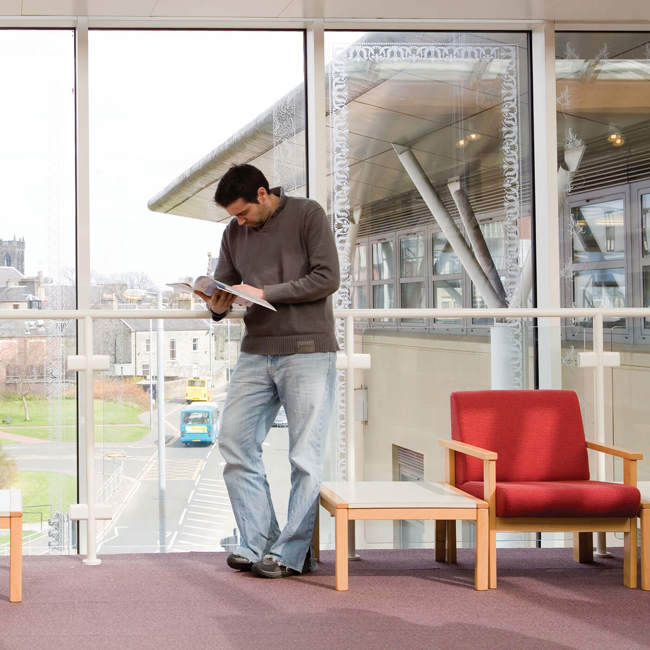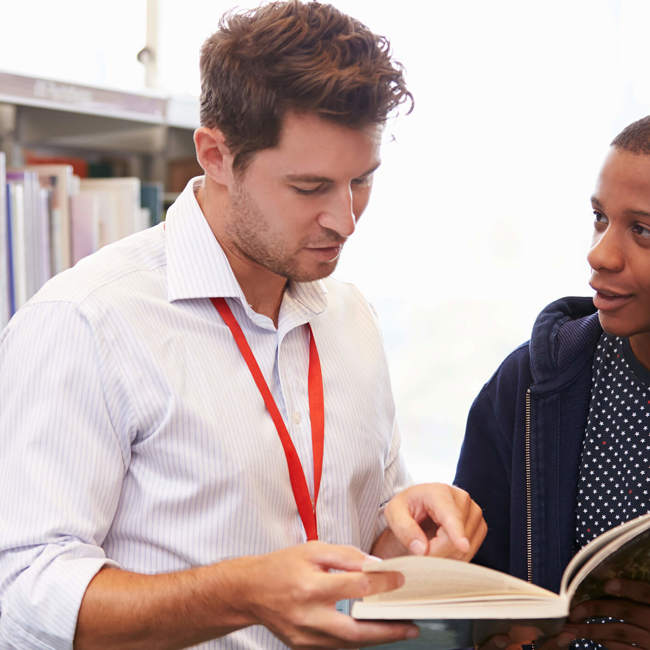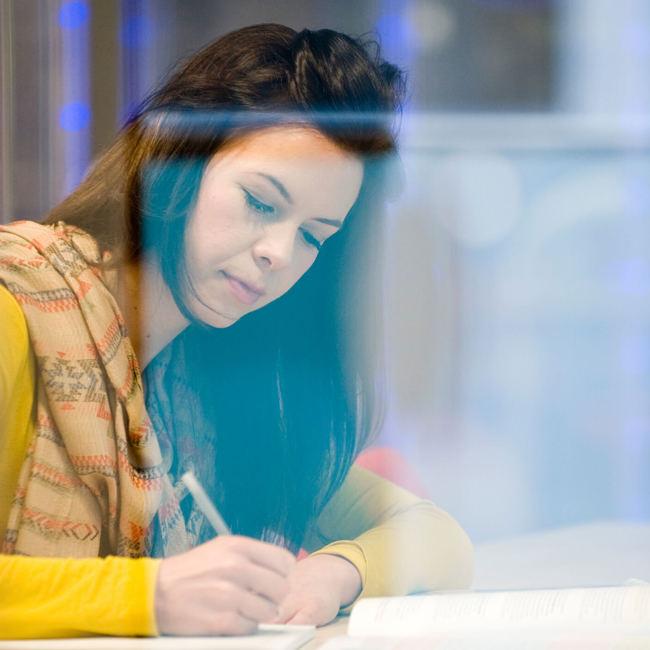Mumps
There has been a recent increase in the number of people diagnosed with mumps in Scotland.
The MMR vaccine protects against mumps (as well as measles and rubella) and has been given to children in the UK since 1998, meaning much of the population is protected.
However, if you don't think or are unsure if you have had this immunisation, we're encouraging students to double-check and make sure you’ve had two MMR vaccinations. You can find out if you’ve had all your routine vaccinations by contacting your local GP or practice nurse who should be able to find out for you.
The NHS has more information on mumps and routine vaccination:
HEALTH AND SAFETY TIPS
Stay healthy and safe. Check out our tips for well-being, on and off campus.
Communicable diseases
Meningitis
Meningitis and septicaemia (blood poisoning) are rare but life-threatening diseases. Young people up to 24 are at the highest risk of getting meningococcal disease – so it’s important to be aware of the symptoms and know what to do.
Meningitis can strike quickly – check out this video about one student’s story.
Find out more about the symptoms and possible vaccinations.
Measles
Measles is a highly infectious viral illness that can be very unpleasant and sometimes lead to serious complications. If you’re unsure whether you’ve been inoculated against measles, most commonly via the MMR vaccine, then it’s recommended that you talk to your GP to arrange this.

Health services
If you’re new to Scotland, read this factsheet about how to get health care while you’re here.
Healthcare for People Coming to Scotland to Study (pdf)
Whether you’re new to Scotland or just to the local area, be sure to register with a local GP. You can find details of local doctors’ surgeries and other health services here.
London students can find local GP services here.
Remember to register with a dentist too. Keeping up with check-ups can prevent the need for costly treatment.
UK residents can normally get a free NHS eye test every two years.
If you have a low income, you may be able to claim help towards costs for services such as dental treatment or spectacles. You need to complete an HC1 form. More details here.
If you’re unwell
- If you or someone else is unwell, and you’re unable to get to a GP, you can call the NHS 24 helpline free on 111
- Ask a pharmacy if you’re feeling unwell and need help finding the best medicine – it’s usually quicker than a GP appointment
- NHS Inform has information on health conditions and tips for self-care.
Sexual health
You can find information on local sexual health clinics and free condom suppliers at these links:
SAUWS also distribute free condoms from the Students’ Unions at Ayr, Lanarkshire and Paisley.
SAUW’s provision and advertising are localised according to the health services specific to each campus. They offer pick-up points in Ayr, Paisley, and Lanarkshire where students can access condoms, internal condoms, and lubricant. They also provide information about registering for the CCard schemes, which vary by health service area. To support this, they have posters and guidance tailored to each campus’s local health service.
Both of SAUW’s advice workers have received NHS training to help students register for the CCard scheme and provide condoms, as well as information on STI and sexual health testing.
On campus, relevant posters and information is displayed directing students to STI and sexual health clinics.
Mental health
Handle feelings of stress or anxiety. SilverCloud gives you secure, immediate access to interactive CBT (cognitive behavioural therapy) modules.
Modules include Understanding Feelings, Facing your Fears and Managing Worry.
It’s easy to use and designed to be motivational. Access it anywhere on your computer, tablet or mobile. Learn more and sign up online.

STAY SAFE ON CAMPUS
Fire
If you hear the fire alarm on campus:
- Stop what you’re doing
- Leave the building – walk quickly, don’t run
- Do NOT return for valuables. Do NOT go back inside until told it’s safe by fire wardens, health and safety or estates staff.
If you discover a fire:
- Do NOT try to fight it
- Leave the room
- Close the door to contain the fire
- Operate the nearest Break Glass call point to evacuate the building (security staff will call the fire brigade)
-
Leave the building – walk quickly, don’t run.
First aid
There are trained first aiders on all the Scottish campuses. If you need first aid for yourself or someone else, call 0141 848 3505.
Give full details of where you are, including your campus, what the injury is and how serious it is. A first aider will come to you.
Keep calm and keep the injured person calm. Don’t let them leave until seen by the first aider. If you think that an ambulance is needed, ask for one when you request first aid.
Smoking
All the campuses are no smoking areas. No one is allowed to smoke anywhere within the campuses, including buildings, grounds and vehicles.
This also applies to e-cigarettes and other electronic nicotine dispensing systems.
The smoking policy is enforced by security and other staff. It’s supported by the university code of discipline for students.
Reporting an accident
It’s important to record any accident in the university or in university accommodation or activities such as field trips. Report accidents through your department office or directly to .

Stay safe out and about
- Go out with a group of friends, and make sure you have a plan for getting home
- Don’t leave your drink unattended
- Ensure your mobile phone has enough charge to last the night
- Use only licensed taxis, with the proper signage
- Be aware of how much you’re drinking – be sure you remain able to enjoy yourself without being unable to look after yourself
- Keep an emergency £10 for unexpected events – for example, if you lose your purse.

Stay safe at home
- Make sure your home is safe and secure, and that doors and windows are lockable
- Make sure doors and windows will open easily if needed, and plan an escape route in case of fire
- Check your home has the necessary gas safety or electrical checks
- Make sure you have a working smoke alarm, and check it weekly. If you have a gas boiler, get a carbon monoxide detector too.
